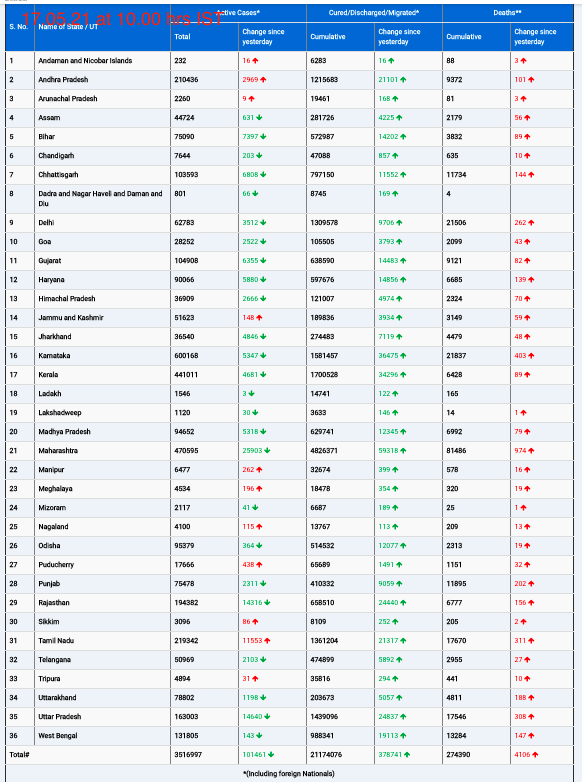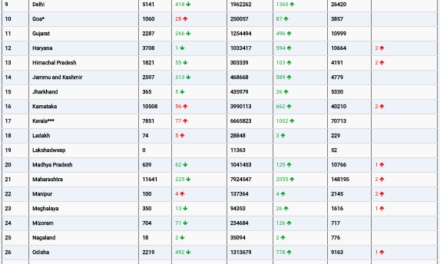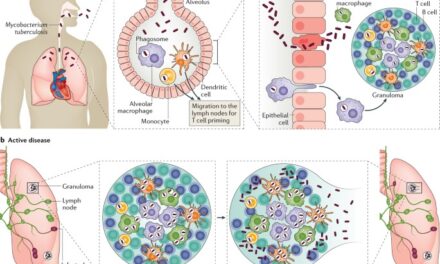New Delhi, [Date] – In a significant step toward advancing India’s health research capabilities, Union Health Minister J.P. Nadda unveiled five ambitious health research initiatives under the Department of Health Research-Indian Council of Medical Research (DHR-ICMR) on Friday. These initiatives, part of a 100-day agenda, aim to position India at the forefront of global health research and innovation, in line with the nation’s vision for a Viksit Bharat (Developed India).
Among the highlighted initiatives is the ‘First in the World’ Challenge, inspired by the remarkable success of India’s Chandrayaan-3 mission. Nadda emphasized that these initiatives are a testament to the government’s commitment to fostering a healthier and more self-reliant India. “By nurturing indigenous innovation and investing in advanced research, we are equipping our nation to effectively address pressing health challenges,” he stated.
Dr. Rajiv Bahl, Secretary of DHR and Director-General of ICMR, echoed this sentiment, stating that initiatives like the ‘First in the World’ Challenge are designed to empower Indian scientists and innovators to create cutting-edge technologies that can benefit not only India but the entire world. “We are committed to fostering an environment where research thrives, ultimately leading to improved health outcomes and a stronger global standing in medical research for our nation,” he said.
The ‘First in the World’ Challenge is a high-risk, high-reward research and development program aimed at fostering the creation of unprecedented health technologies. The initiative will provide funding for projects at various stages, ranging from proof of concept design to prototype and final product development, encouraging bold ideas that could transform healthcare.
In addition to the challenge, the ICMR is enhancing existing Viral Research and Diagnostic Laboratories (VRDLs) under the Pradhan Mantri Ayushman Bharat Health Infrastructure Mission (PM-ABHIM). These facilities will be upgraded to Infectious Disease Research and Diagnostic Laboratories (IRDLs), broadening their diagnostic capabilities to include bacteriology, mycology, and parasitology. This enhancement will bolster India’s ability to conduct comprehensive surveillance and ensure rapid responses to infectious diseases.
Furthermore, the ICMR has launched the ICMR Data Repository, a centralized and secure platform for high-quality datasets that ensures data integrity and privacy. This initiative aims to facilitate research and improve health outcomes by providing researchers with accessible data.
In a move to address the challenges posed by rare diseases, the ICMR is also initiating efforts to develop affordable and effective therapies for conditions such as Gaucher Disease and Sickle Cell Disease. Ongoing projects will encompass clinical trials, animal studies, and design phases, aiming to reduce dependence on imported treatments and improve accessibility for patients in India.
These initiatives mark a pivotal moment in India’s health research landscape, reflecting a strong commitment to innovation and public health advancement. With a focus on fostering local talent and resources, the DHR-ICMR is poised to lead India into a new era of medical research and development.











